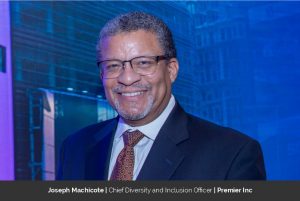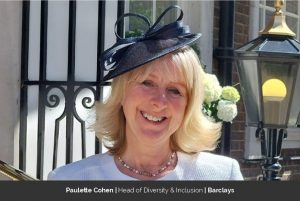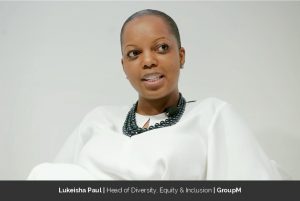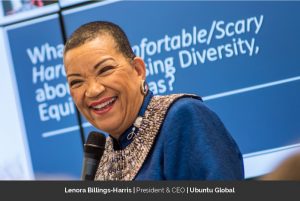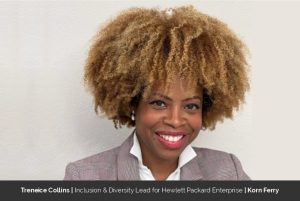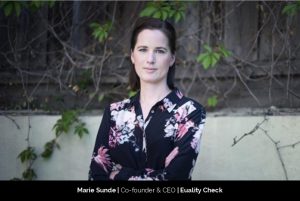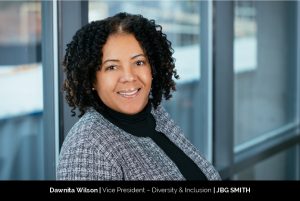The Human Soul is Too Grand to be Wasted in the Drainpipes of Cultural Exclusivity
The 10 Most Influential D&I Leaders, 2022
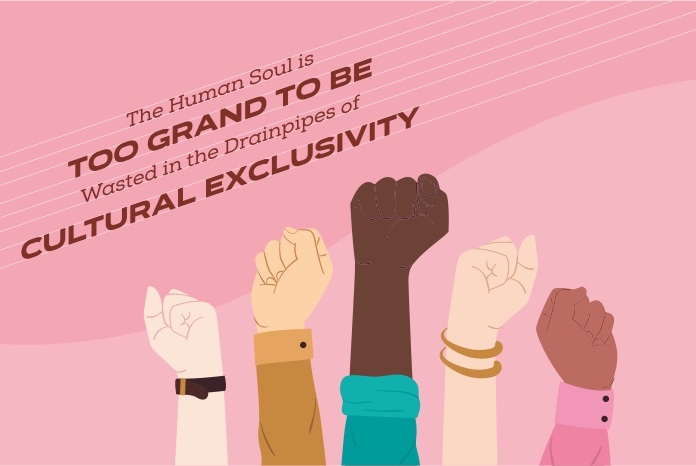
Everyone deserves a
circle of inclusion and equality, but it’s up to you to create it. Understanding
and accepting experiences and viewpoints that don’t mimic one’s own beliefs,
builds empathy and trust, which are extremely valuable soft skills qualities any
professional can develop. When
organizations listen and celebrate what is both common and different, they
become wiser, more inclusive, and better.
WHAT IS DIVERSITY,
EQUALITY AND INCLUSION (DEI)?
DEI stands for diversity, equity and inclusion. The concept
of Diversity, Equality, and Inclusion ensures fair treatment and opportunity
for all. It aims to eradicate prejudice and discrimination on the basis of an
individual or group of individual’s protected characteristics. A workplace
encouraging equality, diversity and inclusion can help: make a more
successful working environment, and keep employees happy and motivated.
Prioritizing diversity, equality (equity) and, inclusion in the workplace also
helps an organization attract and retain talent. Prospective employees always
want to work for companies that instate and practice these core values.
DEFINING
DIVERSITY, EQUALITY AND INCLUSION
Diversity: Diversity
is the presence of differences within a given setting. In a workplace, that can
mean differences in age, ethnicity, race, gender, gender identity, sexual
orientation, and socioeconomic class. This is when people from all different
backgrounds come together. It aims to include people from different races,
genders, religious beliefs, visible and invisible disabilities, class, or
status.
Equality (Equity):
The act of ensuring that processes and programs are impartial and provide equal
possible outcomes for every individual is Equality. It also means equality of
opportunity: to ensure that those who may be disadvantaged can get the tools
they need to access the same, fair opportunities as their peers.
Inclusion: Practicing
diversity requires thoughtful inclusion. The practice that ensures people feel
a sense of belonging in the workplace is Inclusion. This means that every
employee feels comfortable and supported by the organization when it comes to
being their authentic selves. Everyone must
be recognized and appreciated for their talents, be provided with opportunities
to get involved, and have their perspectives valued and heard.
WHY DIVERSITY
MATTERS
Diversity is recognizing, respecting and
celebrating each other’s differences. A diverse environment is one
with a wide range of backgrounds and mindsets, which allows for an
empowered working culture to help employees grow their creative and
innovative side. It is a known fact that our vast and diverse human race has
evolved into this well-oiled machine of progress and precision because each one
of us brings something unique and valuable to the table. Research shows that
when employed within a diverse working environment, employee performance is
boosted. People feel appreciated rather than constrained, understanding
that they will not miss out on promotion due to gender, race or disability.
Individual progress is based upon ability and not stereotypical demographics.
When we think of diversity in the workplace, we often think
of physical, visible differences. However, it’s important to be mindful of
diversity of thought. From a business standpoint, different perspectives
directly influence a product – how it’s made, who it serves, how it functions
and so on. Tapping into the power of a diverse workforce, not only protects
employees but also ensure that employers abide by rules such as:
- Workers of all genders are
paid the same wage for doing the same job
- Physical disabilities do
not prevent staff from carrying out their role
- Age is not used as a
barrier where the employee has the necessary skills
- Promotion is not
overlooked due to disability, gender or sexuality
WHY Equality
MATTERS
At its core, equality means fairness: we must ensure
that individuals, or groups of individuals, are not treated less favorably because
of their individual characteristics. In order to ensure equal circumstances for
all individuals across the organization, equity requires that employers
recognize barriers and advantages. It also takes into account the fact that not
everybody is starting at the same level.
The following characteristics are considered under Equality:
- Age
- Disability
- Gender reassignment
- Marriage and civil
partnership
- Pregnancy and maternity
- Race
- Religion or belief
- Sex
- Sexual orientation
Discrimination on the grounds of any of these
characteristics is also considered illegal. Discrimination can take many forms
including direct discrimination, indirect discrimination, bullying, harassment
and victimization.
WHY INCLUSION
MATTERS
Inclusive Workplace = Increased Performance.
Inclusion means creating an environment where everyone feels
welcome and valued. An inclusive environment can only be created once we are
more aware of our unconscious biases, and have learned how to manage them.
The famous activist Jesse Jackson says, “Inclusion is not a matter of political
correctness. It is the key to growth.” Inclusion is what maintains
diversity. Without it, employees will simply leave the organization. While the
workplace does require professionalism and etiquette (i.e. no profane language
or behavior), an inclusive culture should not bar individuals from being
themselves. Employees should not worry about switching codes or
shielding part of their identity. They should be able to walk through the door
without feeling like something about them has to change. Even if our roles or
job descriptions are technically the same on paper, no two people will ever
perceive them in the same way. As values are shared amongst workers, aspects of
fairness, respect and tolerance are promoted.
A workplace
encouraging diversity, equality, and inclusion can help:
- Make completing goals more
successful
- Keep employees happy and
motivated
- Prevent serious or legal
issues from arising
- Better serve a diverse
range of customers
- Improve ideas and problem-solving
- Attract and keep good
staff
- Better financial results
Simultaneously, they
also see the following benefits:
● Absences decrease when employees are happy at work
● Teamwork and collaboration thrive in a diverse environment
● Employee loyalty and retention is strong when employees are understood
● Discrimination claims are less likely to occur with the correct policies and
procedures in place
Embracing diversity, equity, inclusion, representation, and
an overall sense of belonging can significantly change perceptions of the world
around you and help you and your team work better.





